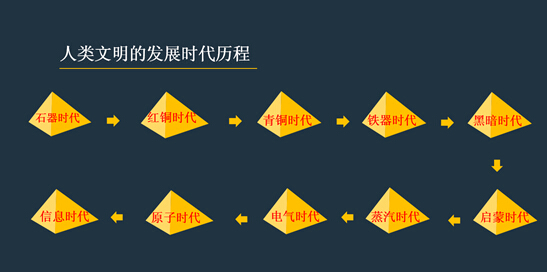Title: Is it Ethical to Kill Ducks for their Down and Use It in Bedding?
Introduction
The practice of using duck down or feathers for bedding has been a long-standing tradition in many parts of the world. However, in recent years, there has been growing concern about the ethical implications of this practice, particularly in regards to the killing of ducks. The question that often arises is whether it is acceptable to kill ducks for their down and use it in bedding materials, such as duvets and pillows. In this article, we will explore the ethical considerations surrounding this issue and discuss alternative options for bedding materials.
The Traditional Practice of Duck Down
For centuries, people have relied on duck down for its warmth and comfort. Ducks are typically raised for their meat and then killed for their feathers, which are collected and processed into bedding material. This practice has long been a part of many cultures and is seen as a way to preserve traditional techniques and skills.

However, the use of duck down in bedding has faced increasing criticism in recent years due to the environmental impact of the farming practices involved. Ducks are typically raised in confined spaces, such as barns or warehouses, where they can become stressed and ill. They may also be fed a diet that is not naturally high in protein, leading to poor health and a shorter lifespan. Additionally, the processing of duck feathers into bedding material often involves harsh chemicals and machinery, which can be harmful to workers and the environment.
The Ethical Considerations of Duck Down
One of the primary concerns with using duck down in bedding is the ethical treatment of the ducks themselves. Many argue that it is wrong to subject these animals to such harsh conditions in order to produce a product that provides temporary warmth and comfort. Some advocates for animal welfare suggest that alternatives should be sought out, such as synthetic materials or recycled materials.

Another consideration is the impact of duck down on the environment. The farming practices used to raise ducks for their feathers can contribute to deforestation, pollution, and greenhouse gas emissions. Additionally, the production process itself can generate significant amounts of waste and pollution.
Alternatives to Duck Down for Bedding
As concerns over the ethical treatment of ducks and the environmental impact of duck down continue to grow, alternative materials for bedding have emerged. One such option is natural fibers, such as wool or cotton, which are biodegradable and do not require the use of harsh chemicals or machinery during processing. Another option is synthetic materials, which are often more environmentally friendly than traditional materials like goosedown. These synthetic materials can be made from recycled materials or renewable resources, reducing their environmental impact even further.

Conclusion
The debate over whether it is ethical to kill ducks for their down and use it in bedding materials is complex and multifaceted. On one hand, traditional practices have been a vital part of many cultures throughout history, providing warmth and comfort for generations. On the other hand, concerns over the ethical treatment of ducks and the environmental impact of duck down highlight the need for change. As consumers, we have the power to influence these practices by choosing alternative materials for our bedding. By doing so, we can help ensure that both animals and the environment are treated with respect and care.
Articles related to the knowledge points of this article:
Top 10 Brands of Down Comforters
Title: How to Prevent Feathered Duvets from Shedding?
Wholesale Prices of Jingdezhen Down Comforters
OLD DOWN COMFORTER INTO DOWN COMFORTER
Title: DIY Down Comforter: A Guide to Prices and Instructions



